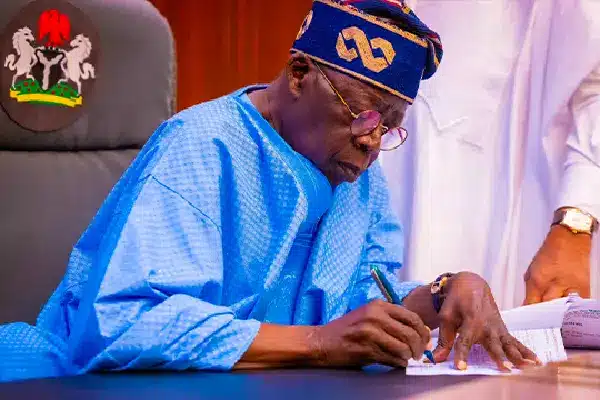The Executive Secretary of the Nigerian Content Development and Monitoring Board (NCDMB), Felix Ogbe, announced that the board aims to achieve 70 percent Nigerian content in the oil and gas sector by 2027. This ambitious target reflects the government’s commitment to boosting local participation in the industry. Ogbe made this statement during his visit to BEAMCO Nigeria Limited’s facilities in Lagos, where he praised the company for its advancements in equipment component manufacturing.
During his visit, Ogbe commended several organizations, including Nigeria Liquefied Natural Gas Limited and the Saipem-Daewoo Joint Venture, for their contributions to increasing local value addition. He highlighted the significance of locally assembled pumps and valves, which are set to be installed as part of the preparations for the multibillion-dollar NLNG Train-7 project located on Bonny Island in Rivers State. This initiative underscores the importance of local sourcing in large-scale projects.
Ogbe emphasized that the success of sourcing essential components domestically was made possible by the Equipment Component Manufacturing Initiative, which the NCDMB launched in 2013. This initiative has been instrumental in promoting local manufacturing capabilities and has led to the issuance of the Nigerian Content Equipment Certificate, a requirement for participation in the oil and gas supply chain.
Read Also: President Tinubu Has Signed a Bill that Increases the Salaries of Judicial Officers by 300%.
He further noted that the implementation of this initiative facilitated a contract awarded to BEAMCO by NLNG, through its main contractor, Saipem-Daewoo. This contract includes the supply of 17 American Petroleum Institute pumps and 19 control valves, aligning with the NCDMB’s approved vendor list for the NLNG Train-7 project. Such collaborations signify a positive trend towards enhancing local content in the sector.
Ogbe expressed pride in BEAMCO’s ability to deliver quality pumps and valves on schedule, reinforcing the notion that the Nigerian business environment is conducive to manufacturing and assembly. He concluded that these achievements validate the recent Presidential Directives on Local Content implementation, highlighting the government’s ongoing efforts to strengthen local industries and promote sustainable economic growth.




